Welcome from the Head of School
Dear Naples Classical Academy families,
What does it mean to be a truly educated human being? The primary aim of education is the integral formation of the human person in all dimensions, rooted in the conviction that all human beings can know truth and have a transcendent destiny. This is the noble, ongoing dialogue and work here at Naples Classical Academy–we partner with the parents in their primary duty to educate (i.e. form) their children by training minds and improving hearts. We train their minds (intellectual virtue) through a study of the classical liberal arts and sciences–the accumulated wisdom of the ages. We train their hearts (moral virtue) through an intentional inculturation in virtue through the use of rich literary and historical characters and consistent modeling and encouragement of virtuous behavior. The curriculum, the pedagogy, and the culture here at NCA all aim to recover our rootedness in the Western tradition and the proper ordering of our loves and our lives.
The educational philosophy inherent in classical education presupposes certain things about the nature of man and what it means to be a human. The ancients understood that a free citizenry requires an education that cultivates moral, intellectual, and civic virtue even as it enlarges the mind with knowledge of the world and human nature. According to Plato in Book II of The Republic, a just society always seeks to provide an excellent education to all its members according to their ability, so they may become good guardians and stewards of that society. For Plato, man’s highest faculty is reason which is rooted in the spiritual soul, and a truly good education possesses the power to civilize and humanize its students insofar as they are taught to be virtuous. Thus true education seeks to create persons who participate thoughtfully, generously, and virtuously as members of society, and who pursue happiness by seeking the true, the good, and the beautiful. For centuries, liberal (from the Latin, libera, which means “free”) education connected students with a telos, truths beyond the facts, and equipped students with the tools of learning which enabled them to act in a free, responsible, and rational manner. The liberal arts tradition respects the dignity of the human person; it connects its students with their full inheritance; it offers a shared understanding of the nature of the human person, and it leads young people toward realizing their true potential. The word “education” itself derives from the Latin ēdūcō (which means “to lead or draw out of”); thus, at its core, education implies a movement away from something. It leads students away from ignorance and dependence toward the transcendence and freedom of truth, beauty, and goodness. No paltry utilitarian, pragmatic approach this—education is desired for its own sake, not as a mere means to an end.
This end of education is achieved not by instrumental means (e.g. seeking solely to instill college and career readiness skills, employing innovative teaching methods merely for the sake of novelty or change, or utilizing modern classroom technology just because), but rather by an intrinsic means of leading our scholars into an ancient way of teaching and learning that can lead them to human flourishing. Education in our Western tradition spanning thousands of years upholds a greater end than these modern utilitarian goals–it leads young people to happiness, to becoming good men and women. In Norms and Nobility: A Treatise on Education (1990), Mr. Hicks asserted, “The purpose of education is not the assimilation of facts or the retention of information, but the habituation of the mind and body to will and act in accordance with what one knows” (p. 20). Its purpose is cultivating wisdom and virtue even as it furnishes young people with the tools for lifelong learning.
Here at NCA, we are tasked with the renewal of society. We value wisdom for its own sake as we educate for virtue and wisdom through the lens of the good, the true, and the beautiful. The classical liberal arts education scholars receive at NCA reflects the truth about humanity and the world around us. A spirit of wonder prevails, and scholars receive an education of excellence in timeless principles that allows them to flourish and become good stewards and good citizens of this world. An education at NCA affords scholars the opportunity to gradually develop their intellectual, physical, moral, and spiritual faculties while ensuring they are constantly guided in forming and developing the whole person who can live a life of true freedom by becoming a good citizen and steward of this world and in preparing them to achieve their transcendent end. At NCA, we retain our fidelity to the mission and to the pursuit of truth in everything we do. This shared love as we seek to cultivate moral and intellectual excellence drives us. As a society of learners united around this mission, let us continue to strive together for true human flourishing.
“Our mission is to train the minds and improve the hearts of young people through a classical education in the liberal arts and sciences, with instruction in the principles of moral character and civic virtue.”

Sincerely,
Dr. Lisa L. Rochefort
Head of School

“All knowledge is obviously good because the good of anything is that which belongs to the fullness of being which all things seek after and desire; and man as man reaches fullness of being through knowledge.”
- St. Thomas Aquinas from his commentary on Aristotle's De Anima


